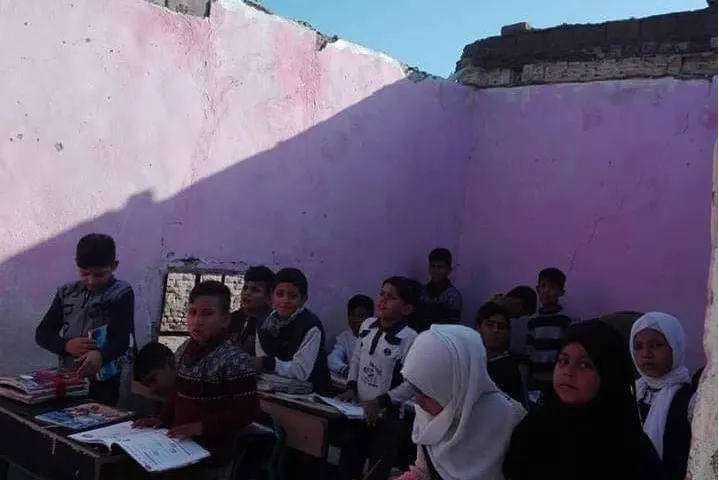
Asaad Al-Zalzali on uncovering how the funds meant for building schools in Iraq were wasted.
“I believe in the power of change journalism can bring even in countries that are dangerous for journalists.”
What were the major findings of your story?
We found that funding given to construct schools in Iraq had been misappropriated by contractors who were supposed to build the schools.
What impact did your story have?
A government office moved to hold accountable those who were negligent. One of the contractors who stole the money faced seven years of imprisonment and his movable and immovable property was confiscated. The government also created a file to form committees on the fate of the country, and to draw attention to the lack of education in schools.
Was your story based on another publication’s work?
Some simple news reports that did not go into detail.
Did you receive any funding to do this story?
Yes.
What were the sources of funding you received to do this story?
We received funding from the Arab Reporters for Investigative Journalism Network (ARIJ) and from a new independent electronic newspaper in Iraq.
How did the story start and how did your team decide on the first steps to take in working on this story?
The beginning was a coincidence, as I was covering a journalistic issue in Karbala Governorate and I saw structures and an empty square. I asked about the facilities and they said it was an abandoned school that was supposed to be completed several years ago, which caught my attention and I started searching until I came upon important facts.
How long did it take to report, write and edit this story?
Between the research phase, writing assignments, reading and editing, the period took about seven months. If we talk about writing and editing only, it was about a month.
What challenges did your team face while working with sources?
I was the producer and the journalist, and the difficulties were great until I remembered the death of a main source during the research phase, which prompted me to use an alternative plan. We had to obtain documents from difficult sources. The situation in Iraq is really dangerous for conducting an investigation, especially when traveling between distant provinces.
What resources and tools did your team find useful?
The team was only me and the photographer, and there were many documents and data that had to be obtained. The most difficult task was to obtain information from sources without promising anything according to professional ethics, so we resorted to talking and convincing the sources by tracking them for weeks and months to convince them that I had the real intention of exposing the corrupt.
What other challenges or barriers did your team face while working on the story or series, and how did you overcome these challenges?
- Fear of being exposed before the investigation was completed.
- Moving around in remote and dangerous governorates.
- Communicating with local sources in those governorates to secure our access and exit safely and in secrecy.
- Placing documents in several safe places and documenting steps.
What advice would you give journalists working on similar investigations?
- Patience, planning and studying all steps.
- Do not be in a hurry and get drawn to bright information.
- Check information and documents with more than one source.
- Do not believe everything that is said.
- Protect yourself legally.
- Work in secrecy.
- Tell the story succinctly without going into unimportant side details.
Did your team face any pushback during or after the publication of this story?
There were many difficulties. I was threatened and warned and the contractor filed a lawsuit against me. I resorted to staying away until things calmed down. Legal authentication of all documents and preservation of pictorial certificates. Show the story to legal professionals and consult the experts.
Did working on this story change your perspective as a journalist?
I believe in the power of change journalism can bring even in countries that are dangerous for journalists. I’m also in the midst of a follow-up story on corrupt contractors that have remained in the country.

